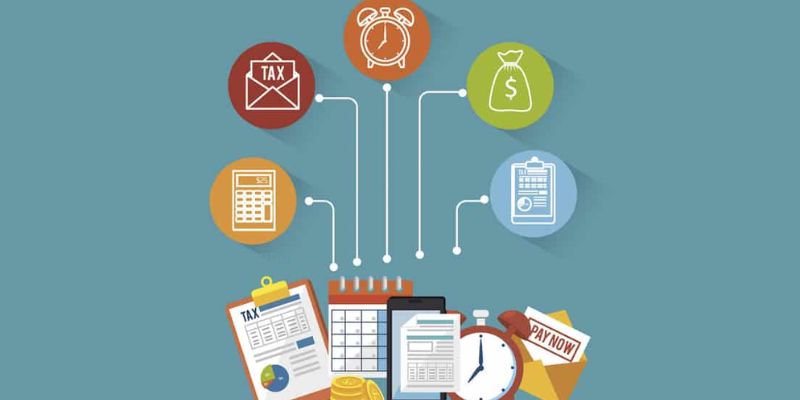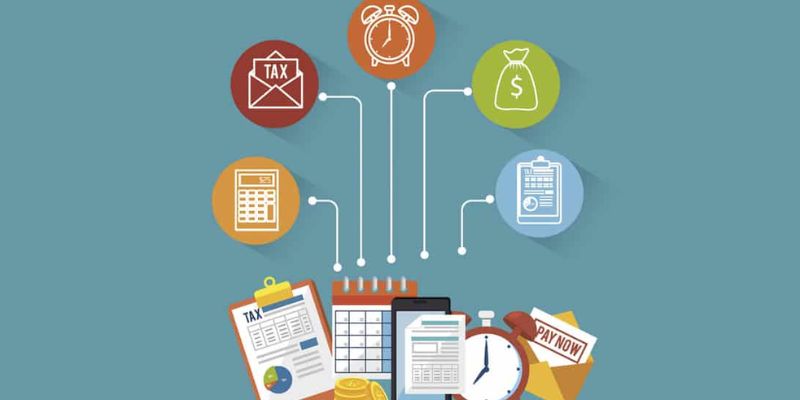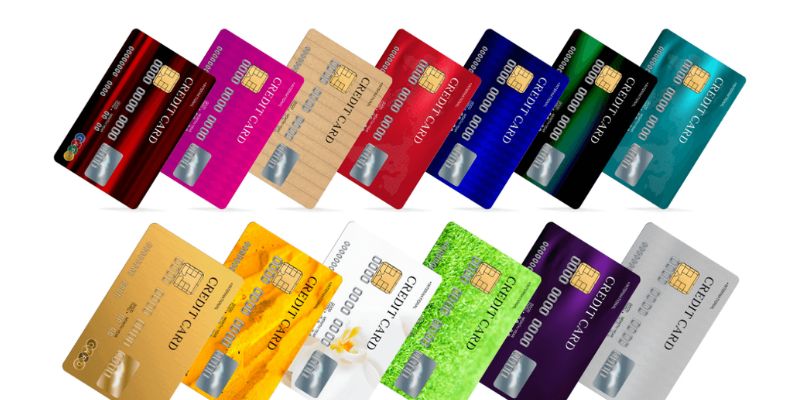Deciding to refinance your home can be a daunting task. Many different refinancing options are available, each with its benefits and considerations. One type of mortgage refinance option is cash out refinance.
In a cash-out refinance, you take out an additional loan against the equity that has built up in your home and use it to pay for large expenses or consolidate debt. This article will explain how a cash-out refinance works so that you can decide whether this type of loan makes sense for your financial situation.
What Is a Cash-Out Refinance

A cash-out refinance a mortgage refinancing option where you take out an additional loan against the equity that has built up in your home, replacing your existing loan with a larger one and taking the difference between the two loans in cash. This cash can be used for large expenses such as paying off debt or making home improvements.
How Much Cash Can You Get From a Cash-Out Refinance

The amount of cash you can get from a cash-out refinance depends on several factors, including the value of your home and how much equity you have built up in it. Generally, you can borrow up to 80% of the value of your home, less any outstanding mortgages or liens against it.
If you own a home worth $200,000 and have paid off $100,000 of the mortgage, you could be eligible for a loan of up to $80,000 (minus closing costs).
Cash-Out Refinance Requirements
1. Loan-to-Value (LTV) Ratio:
The loan-to-value ratio is important in determining eligibility for a cash-out refinance. It represents the percentage of your home's appraised value that you can borrow against. Lenders generally have specific LTV requirements, which can vary. Some common LTV requirements include the following:
- Maximum LTV Ratio: Lenders typically set a maximum LTV ratio of 80% or 85%. This LTV means you can borrow up to 80% or 85% of your home's appraised value.
- Equity Requirement: You must have sufficient equity in your home to meet the LTV ratio requirement. For example, if your home is appraised at $300,000, and the lender has an 80% maximum LTV requirement, you would need to have at least $60,000 ($300,000 x 0.8) in equity.
2. Credit Score and History:
Your credit score and history are crucial in qualifying for a cash-out refinance. Lenders assess your creditworthiness to determine the interest rate and terms of the new loan. Typical credit score requirements include:
- Minimum Credit Score: Lenders often require a minimum credit score for cash-out refinances, which can vary. A higher credit score generally improves your chances of approval and may qualify you for better terms.
- Credit History: Lenders also consider your credit history, including factors like payment history, outstanding debt, and credit utilization. A solid credit history enhances your eligibility for a cash-out refinance.
3. Debt-to-Income (DTI) Ratio:
The debt-to-income ratio measures your monthly debt obligations relative to your gross monthly income. Lenders use this metric to assess your ability to repay the loan. The requirements for DTI ratios can differ among lenders, but common guidelines include the following:
- Maximum DTI Ratio: Lenders typically have a maximum DTI ratio requirement, which may be around 43% to 50%. This ratio means your monthly debt payments, including the new mortgage, should not exceed a certain percentage of your income.
Documentation and Verification:
You must provide various documents to verify your financial situation during the cash-out refinance. Common documentation requirements include:
- Income Verification: Lenders may request recent pay stubs, W-2 forms, or tax returns to verify your income and employment stability.
- Property Appraisal: An updated property appraisal is usually required to determine the current value of your home.
- Title Search: Lenders typically conduct a title search to ensure no liens or legal issues are associated with the property.
Pros and Cons Of Cash Out Refinance
Pros of a cash-out refinance
- Access to funds: A cash-out refinance allows you to tap into the equity built up in your home, giving you access to a lump sum of cash that you can use for various purposes.
- Debt consolidation: You can use the cash from a cash-out refinance to pay off high-interest debts such as credit cards or personal loans. This consolidation can simplify your finances and lower your overall interest payments.
- Home improvement: Cash-out refinancing can provide funds for home renovations or repairs, increasing the value of your property and improving your quality of life.
- Investment opportunities: The cash obtained through a cash-out can be used for investments such as purchasing additional properties, starting a business, or investing in stocks or other assets.
- Lower interest rates: If you originally had a higher interest rate on your mortgage, refinancing can secure a lower rate, reducing your overall interest costs.
Cons of a cash-out refinance
- Increased debt: Refinancing and taking cash out increases your mortgage debt. This increase means you'll have a larger loan balance and potentially higher monthly mortgage payments.
- Closing costs: Similar to when you first obtained your mortgage, a cash-out refinance closing costs, including fees for appraisals, title searches, and loan origination. These costs can add up and impact the overall financial benefit of the refinance.
- Risk of foreclosure: If you cannot meet the increased mortgage payments resulting from the cash-out refinance, you could be at a higher risk of foreclosure if you stay caught up on payments.
- Long-term interest costs: Although a cash-out refinance may offer a lower interest rate, extending the loan term could result in paying more interest over the life of the loan. It's important to consider the long-term impact on your financial situation.
Tax Implications For a Cash-Out Refinance
The cash you receive from a cash-out refinance is not subject to income tax since it's considered a loan. However, if you spend the money on permanent projects that add value to your home, such as adding a bedroom or replacing your roof, you can deduct the interest (up to IRS limits) when filing taxes.
Routine repairs or painting typically don't count since they don't increase your home's value. You cannot deduct the interest if you use the cash for reasons outside of home improvements, such as tuition payments or debt consolidation. It is important to consult with a tax professional before deciding on a cash-out refinance.
Is a Cash-Out Refinance a Good Idea
A cash-out can be beneficial depending on your financial goals and circumstances. By leveraging the equity in your home, you can access a lump sum of cash to consolidate debt, make home improvements, or invest in other ventures. However, it's essential to consider the associated costs and long-term implications before proceeding.
FAQs
What can I use the cash from a cash-out refinance for?
You can use the cash for various purposes, such as home improvements, debt consolidation, or other personal financial needs.
Do you get cash from a cash-out refinance?
Yes. When you take out a cash-out refinance loan, you receive the difference between what your home is worth and how much you still owe on your mortgage (your equity). This cash can pay off other debts or finance large expenses.
What are the requirements for a cash-out refinance?
To qualify for a cash-out refinance, you must typically have a credit score of 620 or higher, and your debt-to-income ratio should be below 45%. You must also have at least 20% equity in your home.
Conclusion
A cash-out refinance allows the borrower to access more home equity and receive a lump sum of cash for certain purchases or expenses. This type of loan exchange has important considerations such as loan requirements, potential interest rate change, time to process, and tax implications. While an informed individual can benefit from a cash-out refinance significantly due to the lower interest rates offered and the flexibility in payment terms over time, it is critical to be aware of both the pros and cons before entering into one.




